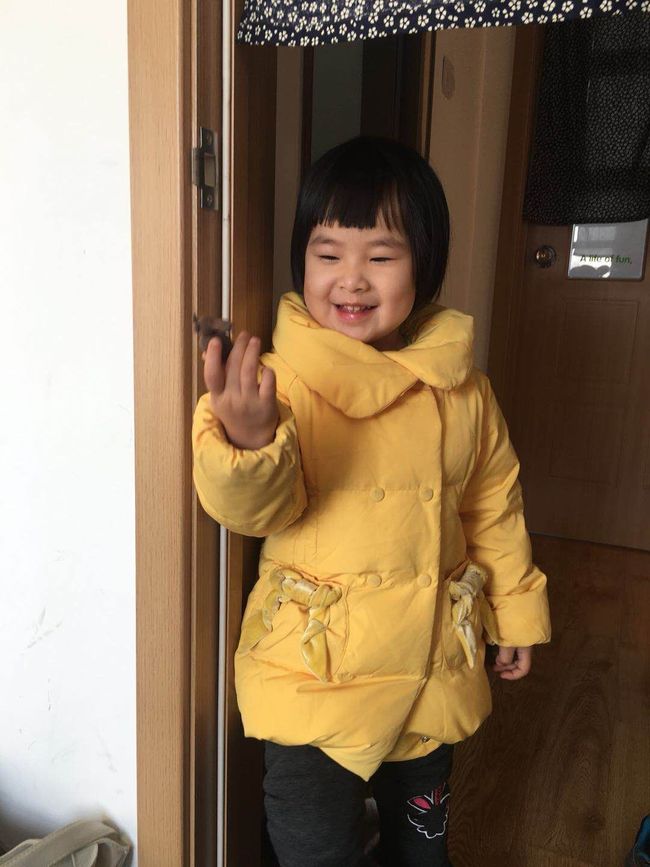Children first learn about their environment through their senses. They touch, taste, smell, watch, and listen to everything. They have a deep need to explore their senses as they explore the world around them.
As Maria Montessori say,
“It is necessary to begin the education of the senses in the formative period, if we wish to perfect this sense development with the education which is to follow. The education of the senses should be begun methodically in infancy, and should continue during the entire period of instruction which is to prepare the individual for life in society.” ~ Dr. Montessori
Did you notice the need for sensorial exploration start to creep in between 2.5-years-old and 3, although children are developing their senses from birth? That's when babies and toddlers touch everything and put it in their mouths. It's why kids make funny noises with their mouths and experiment with how the world sounds with their fingers stuck in their ears. It's why your child spins in circles until she's so dizzy, she falls and then gets up and does it again. You may have heard your toddler asked, “What’s that?”, “What’s that noise?”, or “What is that smell mommy?”
In Montessori, senses are grouped into:
Ø Tactile Senses: Children learn through their senses of touch.
How can we apply the sensory experiences at home? As you can see, Montessori approach takes into considering in providing beautiful natural materials such as cotton, linen, wood, and silk. A child touches, tastes and smells these natural materials and absorbs their beauty. As you take a nature walk with your child, suddenly they learn that tree is more than a tree. It is a sapling with different texture on its bark. It can be a smooth bark, or its pine tree with rough bark and scent of the pine’s needles. Your child can have bare feet and feel the grass, the rock, the sand under their feet. They can collect leaves, stones and even seashells to see the different sizes, shapes, textures and designs.
Ø Visual Senses: Children learn to discriminate differences similar and different objects.
Through water play, water isn’t just liquid and wet. The children learn that water can also be in different form like rough waves or slippery when liquid soap is added or cold and translucent when froze or clear and still. When your child is doing dishes with you or even washing their hands, one common point of interest is the bubbles being made. Your little one can see, feel, hear and smell these.
Ø Olfactory Senses: Children learn to smell with their noses.
In a Montessori classroom, we have the sensory smelling bottle. At home, children smell things all the time. Smells from mom’s cooking and baking, scent of the candle, scent of the hand soap, body wash or even the lotion you put on them. When they are in the outdoor, they can smell the fresh air, the scent from the flowers and herbs in the garden.
Ø Auditory Senses: Children learn the different sounds through their auditory senses.
Books on tape, peer assisted reading, paired reading, video or film with accompanying audio help trained the children auditory senses. Music, song, instruments, speaking rhymes, chants and language games would be fun especially when you have family night.
Ø Gustatory Senses: Children learn to differentiate the tastes and smells.
One other activity that most children like to do is to bake with you. All of the senses are at work here. Scooping and measuring ingredients, sweeping up spills, kneading the dough, finally smelling and tasting freshly baked bread are the labor of their work.
Another area that involved many sensory experiences is art and craft. They love to see coloring being added to the modeling materials such as clay, play dough, sculpting materials, kinetic sand or even playing with mud for a different sensory activity. You can also see how your child likes to mix colors in the painting area, finger paints, sand tray, and puzzles to improve their fine motor skills. These materials all react in different ways to the child’s touch and fun for them to explore.
Enjoy and create any opportunity you have with your child because sensory exploration is a child’s way of examining, discovering, categorizing and making sense of the world.
“Nothing comes to the intellect that is not first in the senses.”
(Secret of Childhood)
